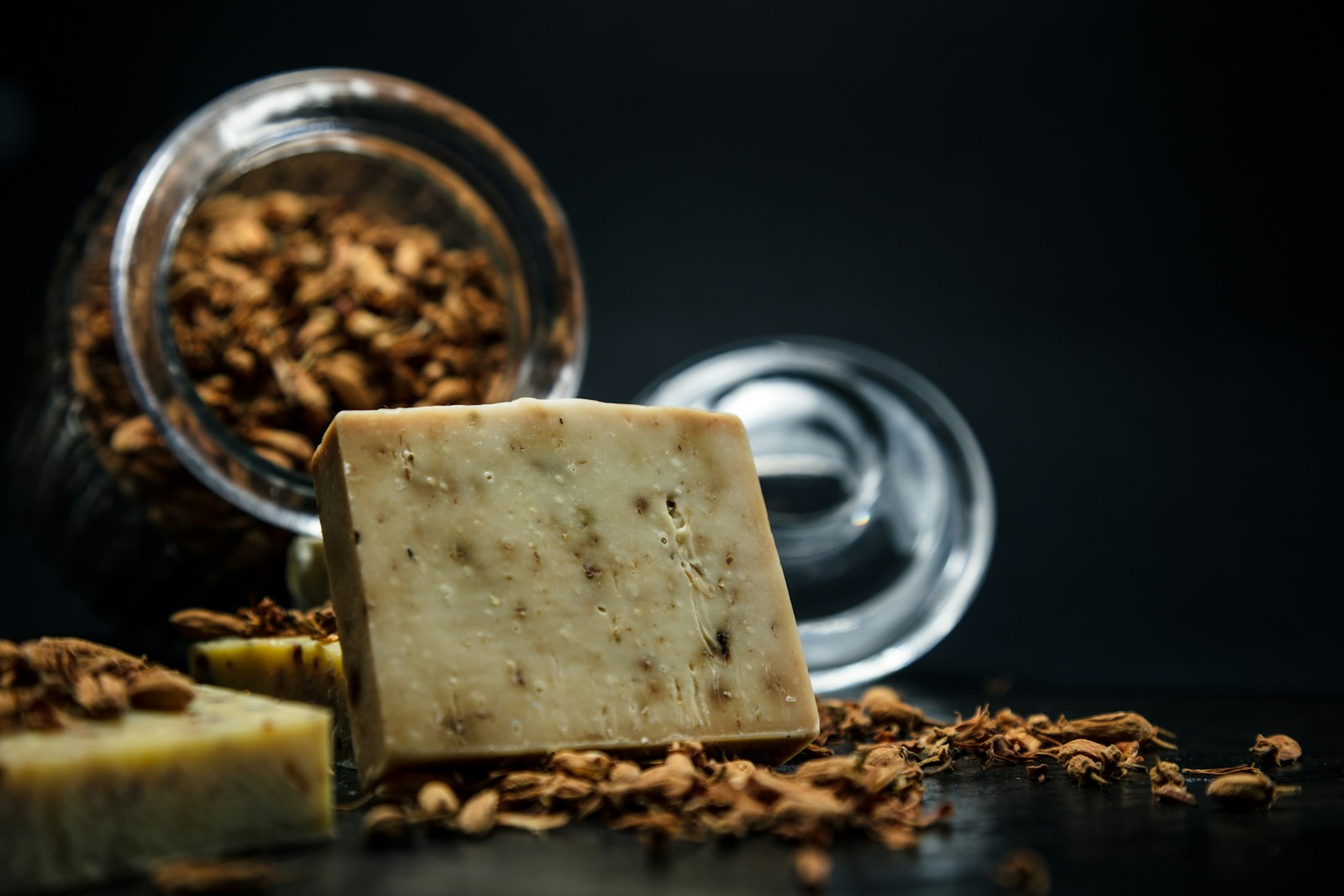Soap making can be a fun and rewarding hobby, allowing you to create your own customized bars of soap for personal use or as thoughtful gifts for friends and family. Whether you are a beginner or an experienced soap maker, there are always tips and tricks that can help you streamline the process and achieve the best results. In this guide to soap making, we will explore some effortless tips to enhance your soap making experience and create beautifully scented soap that you will love.
One of the most important aspects of soap making is choosing the right ingredients. When selecting oils and fats for your soap recipe, it is essential to consider their properties and how they will affect the final product. For a moisturizing and luxurious bar of soap, you may want to include ingredients such as coconut oil, shea butter, or olive oil. Each oil brings its own unique benefits to the soap, so be sure to research and experiment with different combinations to find the perfect blend for your skin type.
In addition to oils and fats, fragrance plays a crucial role in soap making. Adding scents to your soap can transform a simple bar into a sensory experience. There are many options for adding fragrance to your soap, including essential oils, fragrance oils, and botanicals. Essential oils are natural extracts derived from plants and flowers, offering a wide range of scents and therapeutic benefits. Fragrance oils, on the other hand, are synthetic compounds that mimic natural scents and provide a more consistent aroma in soap making. Whichever option you choose, be sure to research the safe usage rates for each fragrance to avoid skin irritation or overpowering scents.
When it comes to creating beautifully scented soap, layering fragrances can add depth and complexity to your bars. By using a combination of complementary scents, you can create a unique and memorable fragrance that lingers on the skin. Experiment with blending different essential oils or fragrance oils to find the perfect combination for your soap recipe. Be sure to keep track of your experiments and take notes on the proportions of each scent used, so you can replicate successful blends in the future.
Another tip for effortless soap making is to invest in quality equipment and tools. Having the right tools on hand can make the soap making process easier and more enjoyable. Some essential tools for soap making include a digital scale for accurate measurements, a thermometer to monitor temperatures, silicone molds for shaping the soap, and safety equipment such as gloves and goggles. Additionally, having a dedicated workspace with good ventilation and ample counter space can help you stay organized and focused while making soap.
In conclusion, soap making is a creative and fulfilling hobby that allows you to craft personalized bars of soap with unique scents and properties. By following these effortless tips and tricks, you can enhance your soap making experience and create beautiful, scented soap that you will love. Experiment with different ingredients, fragrances, and techniques to find what works best for you, and enjoy the process of creating handmade soap that nourishes the skin and delights the senses.




